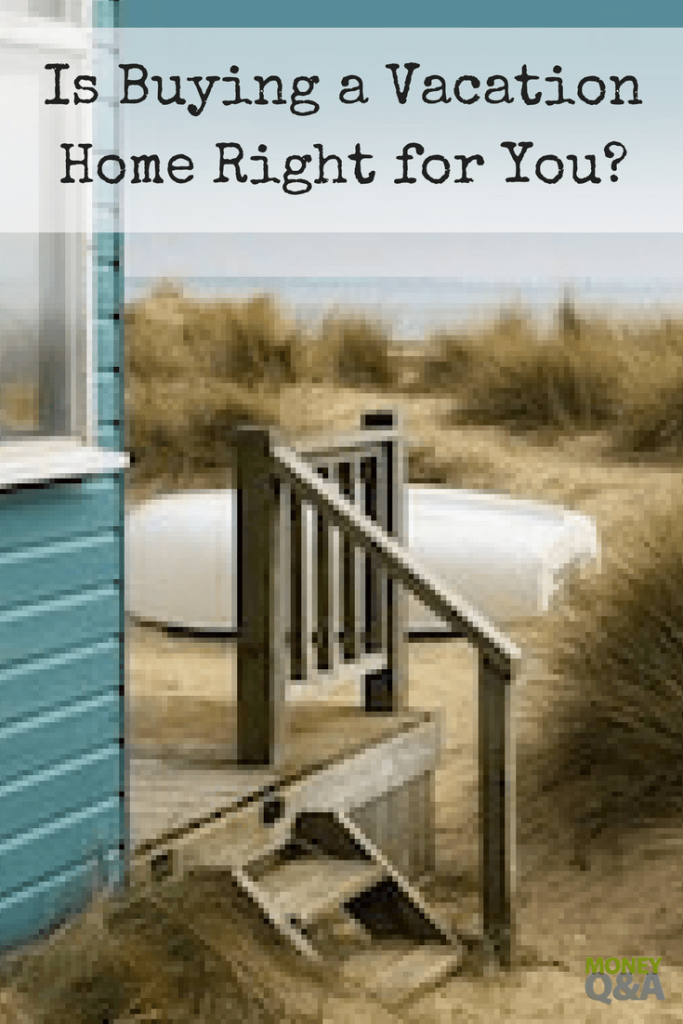
To those who find it a challenge to manage their finances around one mortgage, the idea of buying a second home can seem like a stretch. There are good, workable ways to approach the idea of a second home.
They call it the property ladder for a reason – once you have one home, moving to more properties becomes easier. Aiming to buy a second or third home shouldn’t even count as financially ambitious.
Buying a Second Home
If you’re like most middle-class families, you probably need to plan for and income of £50,000 a year once you retire. It can take a £1 million pension pot to make it happen. To most people, the property ladder is the only way to make this happen.
Do you have the right kind of profile as an investor?
People buying second homes aren’t treated the same as those on their first home. Second-home buyers are viewed as investments, and as inherently high-risk borrowers.
Not only do banks require second-home buyers to bring in a down payment that’s 30% larger, they charge higher levels of interest, as well. Lenders will look at your finances to make sure that you have enough cash reserves to tide you over six months of mortgage payments on two houses. You’ll need to bring an excellent credit file to the deal when buying a second home, and a debt-to-income ratio of 40%, including credit card debt and car loans.
It’s important to understand that while rental income can help mitigate the burden of a second mortgage payment, finding tenants and dealing with them is no easy task. Whether the lenders lend to you or not, it’s up to you to make sure that you have your cash flow worked out. To make a second-home work for you, you need to keep enough money as a backup to handle the ups and downs of the ownership experience.
No Time Like the Present to Buy a Second Home
According to Wilson Peacock estate agency, home mortgage rates are at historic lows now, and it’s one of the best possible times in recent memory to buy a second home.
Your first step should be to find an agency that you trust and discuss the best location and property type for your needs — flat, independent house, gated community and so on. Buying near a major metropolitan area, major amenities and employment opportunities should help ensure that the property does appreciate in value. You can save to buy a home.
Get the Math Right to Buy a Second Home
Whether your primary motive in buying a second home is a high level of return on your investment or not, it’s important to know how the math turns out. The more familiar you are with the financial implications of your attempt to climb the property ladder, the fewer the surprises down the line are likely to be.
Your estate agent should help show you the way the value of properties in the area have historically moved, and what kind of rental income is projected. You should be aware of the maintenance costs, insurance costs and the cost of outsourcing to a property management company.
While online calculators do exist to help make these calculations for you, they tend to not offer in-depth information for specific neighborhoods. It’s important to obtain such information, and only estate agents local to the area are able to provide it.
Consider Your Payment Options
When buying a second home, you might need to take out a second mortgage if you’re funding it that way, or at least part-funding it. It’s important that you look carefully at how much you’re borrowing and it might be worth looking at a mortgage payment calculator
With a mortgage payment calculator, you can work out exactly how much you’re borrowing and paying back. These payment options are worth doing more research into so that you know what you can and cannot afford when it comes to a second home.
Tax Implications to Buying a Second Home
If you do use your home as a second home (rather than as a buy-to-let investment), you can take advantage of tax deductions on the property taxes that you pay, as well as deductions on mortgage interest. If you are renting out your home, though, there other tax implications that could come up.
You must make sure when you buy a second home that you are prepared for various taxes and government fees that you may owe — council tax, stamp duty, land tax, income tax, capital gains tax.
It’s never a good idea to actually pay a deposit on a property before you have signed on the mortgage papers. Hundreds of people each year lose their deposits simply because they pay first, and then find that they don’t actually qualify for a mortgage. It’s important to take a lawyer and trusted estate agent into confidence before you make these decisions.
Hudson Le Messurier is a fairly regular property investor and enjoys the chance to share his experiences and insights online. He writes on a regular basis for a number of lifestyle and investing websites.

